Slavery, Race, Feminism and Literature
WWWB’s Anora McGaha asks a few more questions of Professor Elaine Neil Orr of NC State University, author of Gods of the Noonday and A Different Sun. Although Elaine Neil Orr’s novel arises in the context of a Southern slave owning family in the 1800s, she shines a light into highly relevant dimensions of race and class from both sides of the Atlantic that can inform us today.
The subject of slavery and its legacy remains a dominant topic in the US. This fall in the US we have already had two major movies The Butler and now 12 Years as a Slave. We wanted to know more about what Elaine Neil Orr knew about slavery growing up in Nigeria, and her views on feminism and literature. The first interview can be found at this link.
Elaine Neil Orr Answers Questions on Slavery, Race, Feminism and Literature
WW: As a white girl growing up in Nigeria, what did you know about race relations in Nigeria vs. in the US?
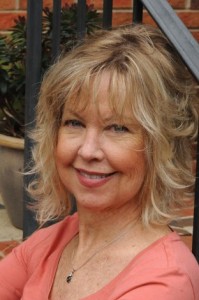 I had almost no awareness of “race relations” until I came “home” to the U.S. on furlough in the 9th grade and landed in Decatur, Georgia, where I was enrolled in a recently integrated high school. I felt “race relations” like an undertow in that school. The building was beautiful and new and shiny but there was huge anxiety in the hallways. I remember how surprised I was that black and white students didn’t look at one another or talk together or sit together at meals.
I had almost no awareness of “race relations” until I came “home” to the U.S. on furlough in the 9th grade and landed in Decatur, Georgia, where I was enrolled in a recently integrated high school. I felt “race relations” like an undertow in that school. The building was beautiful and new and shiny but there was huge anxiety in the hallways. I remember how surprised I was that black and white students didn’t look at one another or talk together or sit together at meals.
Of course, looking back, it is apparent to me that there was segregation on the mission in Nigeria. But we didn’t think about “race” as we do in the U.S. and neither did most Nigerians since there was no white minority to speak of. I never heard anyone called Negro or “colored.” And my Nigerian friends joke that they didn’t know they were black until they came to the U.S.
It was quite clear to me that I had white skin and the majority of people around me had darker skin but the terms we used were “American” and “Nigerian.” When African-American children whose parents were with USAID attended our Baptist high school (all children of white Americans), we were all Americans. They weren’t “colored” They lived in the same dorm, ate at the same tables, and did everything we did.
I suppose the question is: why didn’t I attend a Nigerian school? The Nigerian/British schools were very good. And the mission built schools for Nigeria girls and boys. We could have attended those. What this tells me is that our parents were aware of “race relations” though they were muted for us. Still, it was a shock to come to the U.S. and see that cities were separated, neighborhoods separated, even churches!
I was nearly blinded by the white church we attended in Winston-Salem, North Carolina, when I was six. The church building was white, the walls were white, all the people were white. I had never been in a more sterile environment. I preferred Nigerian churches with their livelier music and flowing cloth and all of us sitting together, even if services were in Yoruba and I didn’t understand much.
Was slavery discussed in your circles?
No. I did not grow up studying slavery or knowing much about it. Nigerians didn’t talk about it as far as I knew. It wasn’t taught about in any curriculum I ever encountered in Nigeria or the U.S. I didn’t know growing up about my ancestors’ relationship to slavery. I was hardly cognizant of the Civil War growing up as I did in Nigeria. (Remember that the war that shaped my life in the 60s was not Vietnam but Biafra, the Nigerian Civil War).
It was not until I began to study African-American writers in graduate school, particularly Alice Walker and Toni Morrison as well as Malcolm X and Richard Wright that I began to understand the history of race in the U.S., its searing impact, the grave injustices that are yet felt in our society and I believe are experienced to this day.
Through conversation with my mother, I learned that some ancestors had been slave-holders and had fought with the Confederate Army. I think it’s important as a white American to know this history and to carry it consciously, to be aware of how my destiny was shaped in part by privilege gained through enslavement of Africans in America.
Do you consider yourself a feminist – and how do you define feminism?
Of course I am a feminist. How can anyone not be a feminist? Feminism is a belief in “the inherent dignity and . . . equal and inalienable rights of all members of the human family [as] the foundation of freedom, justice and peace in the world” (from the Universal Declaration of Human Rights). I am also feminist in the sense that I think Women Writers, Women’s Books is feminist and that is. We draw attention to women and advocate FOR women because trans-nationally women have been an oppressed class. My entire writing career (whether scholarly or creatively) is dedicated to the exploration of what women have to say about their lives.
What caused you to become a feminist?
Having a baby while I was in graduate school. I saw the world split in two. Whereas I had always before been allowed to play by the “boys’ rules” and complete intellectually on a level field, I found that having a baby put me in a different category. I wasn’t taken as seriously. There were few or no provisions for integrating (or accommodating) motherhood within the academy. I’m not sure much progress has been made in this area. What I discovered was that being a mother made me “handicapped” as a scholar and writer.
I could either “drop out” or work twice as hard. I wrote my dissertation on Tillie Olsen, one of the first writers and feminist voices to articulate the need to recognize mothering as important work that should inform scholarship rather than stand in opposition to it and, this is at least as significant: motherhood as a literary topic. My book, Tillie Olsen and a Feminist Spiritual Vision (Univ. of Mississippi Press), is still in print.
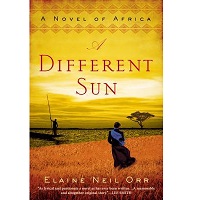 Do you have a laywoman’s definition of literary writing that distinguishes it from ‘chick lit’ for instance?
Do you have a laywoman’s definition of literary writing that distinguishes it from ‘chick lit’ for instance?
I think a writer’s style is often the only difference or the jacket cover. I am reading the wonderful novel, The Wisdom of Hair by Kim Boykin right now. Perhaps someone would call it “chick lit.” But she deals with the same serious issues that I do: a sense of “calling,” issues of equality and opportunity, yearning for home and belonging, romantic and other kinds of love. I am skeptical of all of these categories, including “historical fiction.” It never occurred to me that I was writing “historical fiction.” I wrote a novel.
What do you think is the significance of books and especially novels to readers today?
The more complex the world becomes the more we need the novel. We need that large a canvas to see the shape of human life in all its complexity. And we need the practice of careful attention over time (several days) to one object of art. Reading is a form of meditation. We are better through reading novels, not because of a ”moral” but because of the practice of prayer that deep reading is.
—
Elaine Neil Orr is the author of the new novel, A Different Sun: A Novel of Africa (Berkley, 2013) as well as the memoir, Gods of Noonday: A White Girl’s African Life (U. Virginia P., 2003), and two scholarly books. She is on the faculty in English at North Carolina State university and teaches in the brief-residency MFA in Writing Program at Spalding University.
She grew up in Nigeria as the daughter of medical missionaries. Follow her on Twitter @ElaineNeilOrr. Read more about her on her Website: elaineneilorr.net. Elaine Neil Orr is also sponsoring WWWB from October 15 – November 15, and contributed to When Women Waken, the WWWB literary journal in the HOME issue of August 31, 2013, “The Piano.”
Category: Contemporary Women Writers, Interviews, Multicultural Writers, US American Women Writers

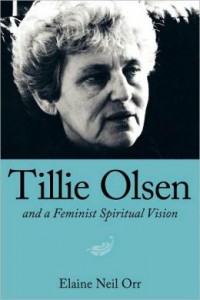



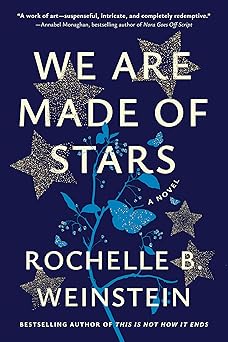
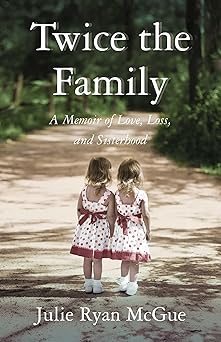
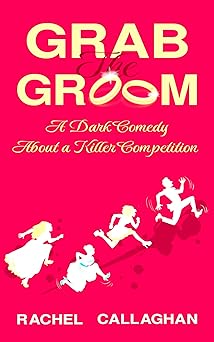
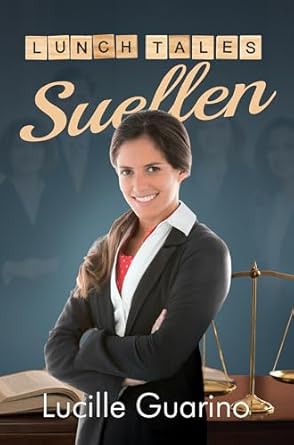

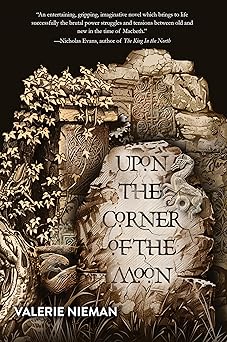
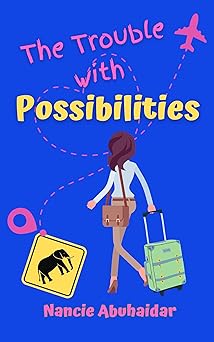
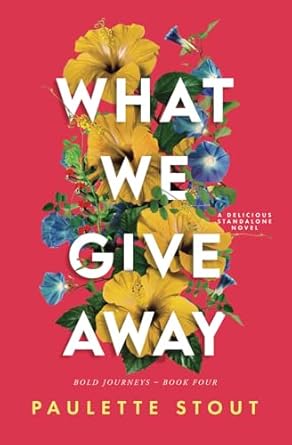
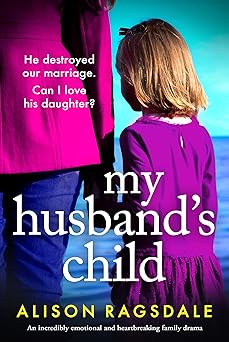
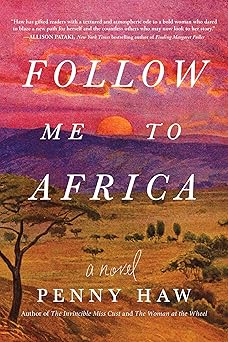
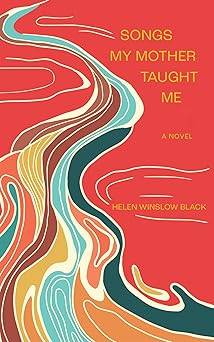
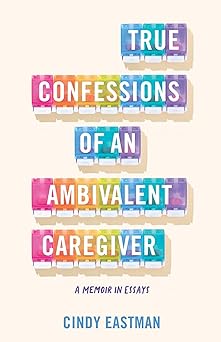
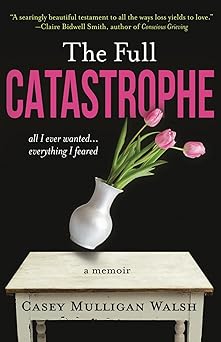
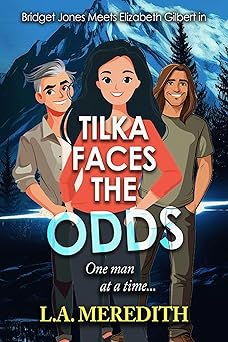
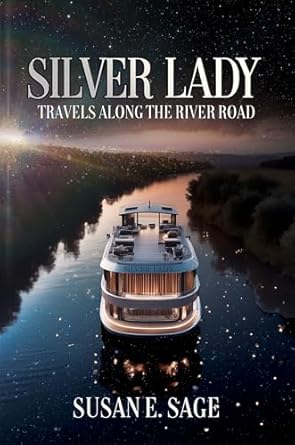
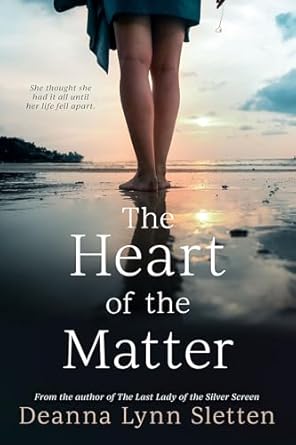
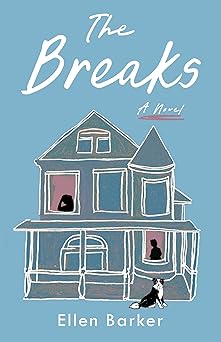
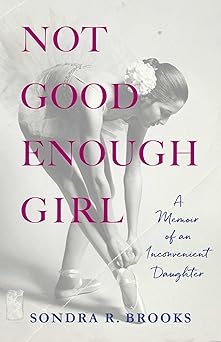
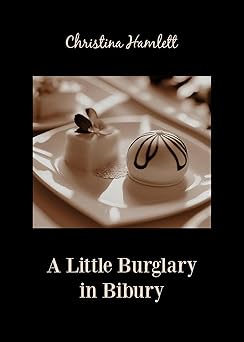
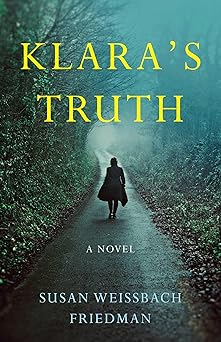
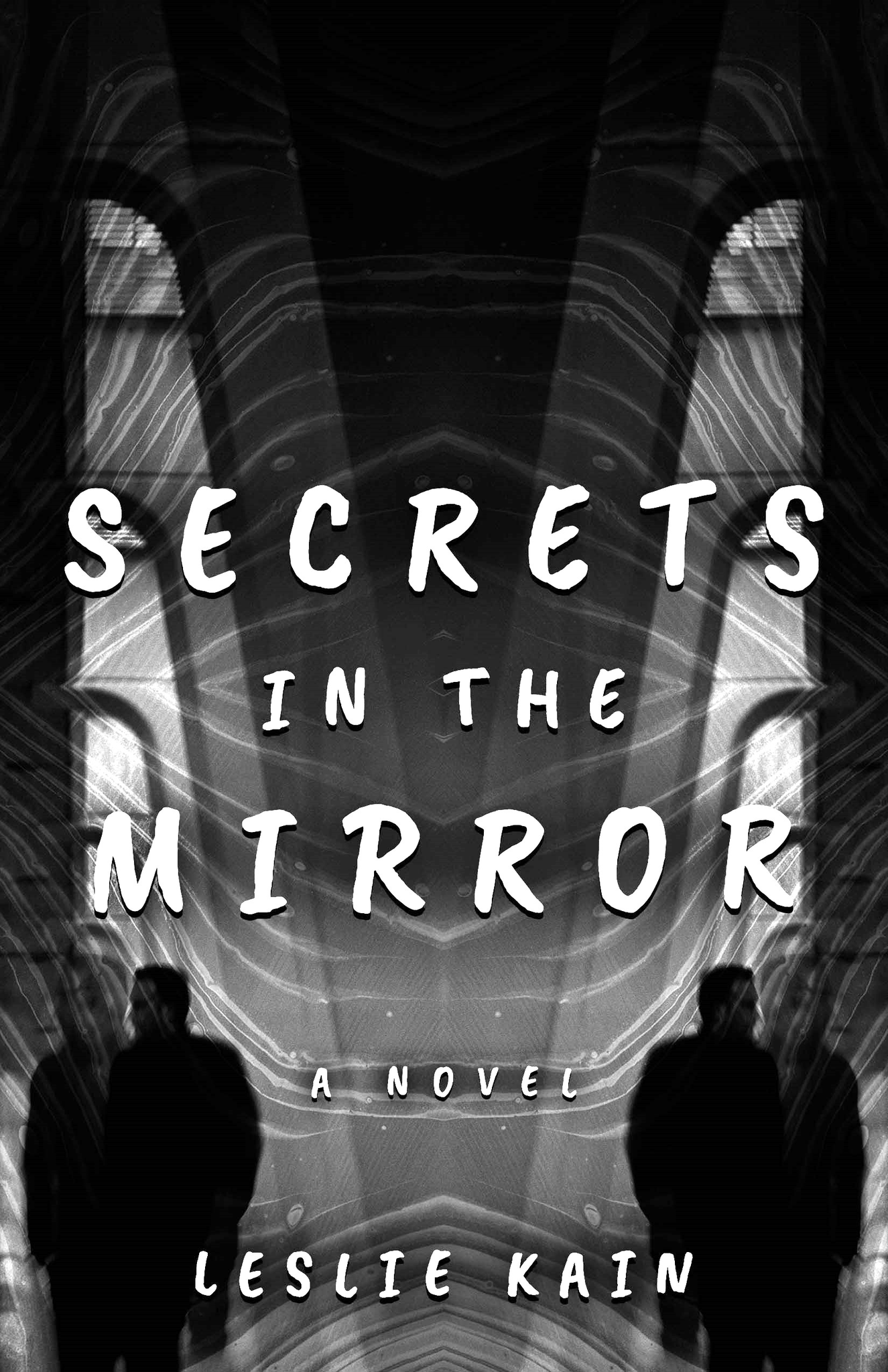
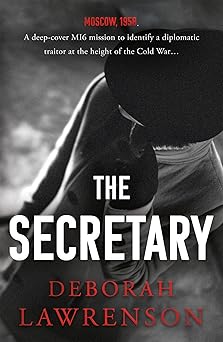
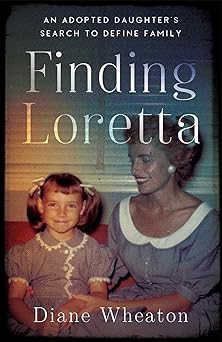
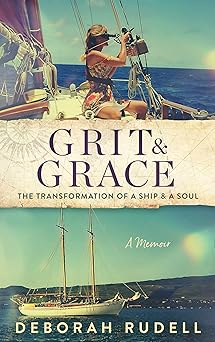
Half a Yellow Sun is a great book, at least in my view. My experience in Africa has been in Kenya with about ten month-long trips beginning 1980. This year I have read two Elaine Neil Orr books and now have added this to my wish list: Tillie Olsen and a Feminist Spiritual Vision
This is a really interesting read. I wonder whether you have read some of the novels that I love which explore these issues? Ursula le Guin’s ‘Powers’ and ‘4 ways to forgiveness’ are brilliant on both slavery and feminism issues, as well as superbly written. Respectively Fantasy and Science Fiction genres, and I like what you say about not being prejudiced about genres. The story goes that when she first started writing she had offers to publish from literary and the science fiction publishers and she plumped for science fiction because they were going to pay her … The other one that sprung to mind when you referred to Biafra was of course the harrowing but wonderful ‘Half of a Yellow Sun’ – I’m sure I don’t need to look up how to spell the author’s name you are bound to know it. Would love to know your views on all these books.
Hannah, Thanks so much for your comment here, your mention of books and discussion of genre. I appreciate hearing the names of two of le Guin’s books. Now I’ll look up Half of a Yellow Sun. : )
I’ve seen on Facebook that Elaine’s been attending or speaking at a lot of events recently. Hopefully she’ll get back to you soon. — Anora McGaha, Editor WWWB